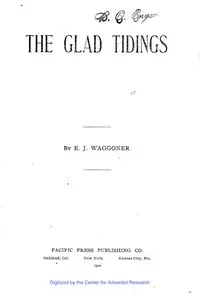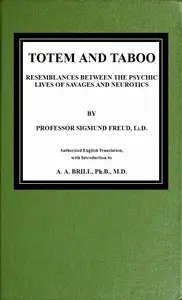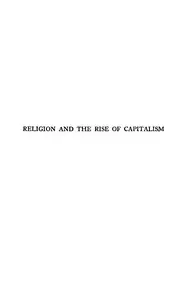"The Glad Tidings" by E. J. Waggoner is a theological work written in the late 19th century. This book revolves around the Epistle to the Galatians, examining the foundational principles of the true Gospel, emphasizing salvation through faith in Jesus Christ rather than through human efforts or adherence to laws. The author seeks to clarify misconceptions about the Gospel's nature and its significance in Christian doctrine. The opening portion of the book introduces the critical context of the Galatian churches, which faced confusion regarding the essence of the Gospel due to the influence of false teachers advocating for legalism, notably insisting on circumcision as a necessity for salvation. The author underscores the authority of the Apostle Paul, who asserts that his teachings are divinely inspired rather than derived from human tradition. Paul expresses astonishment at the Galatians' quick shift from the true Gospel, articulating the importance of maintaining faith in Christ as the central tenet of their salvation. The beginning sets the stage for a deeper examination of spiritual truths and the role of faith, illustrating the urgency of adhering to authentic Gospel teachings. (This is an automatically generated summary.)

The Glad Tidings
By E. J. (Ellet Joseph) Waggoner
"The Glad Tidings" by E. J. Waggoner is a theological work written in the late 19th century. This book revolves around the Epistle to the Galatians, e...
Ellet Joseph "E.J." Waggoner was a Seventh-day Adventist particularly known for his impact on the theology of the church, along with friend and associate Alonzo T. Jones at the 1888 Minneapolis General Conference Session. At the meeting of the General Conference of Seventh-day Adventists Ellet J. Waggoner along with Alonzo T. Jones presented a message on justification supported by Ellen G. White, but resisted by church leaders such as G. I. Butler and others. He supported theological issues such as the meaning of "righteousness by faith", the nature of the Godhead, the relationship between law and grace, and Justification and its relationship to Sanctification.













